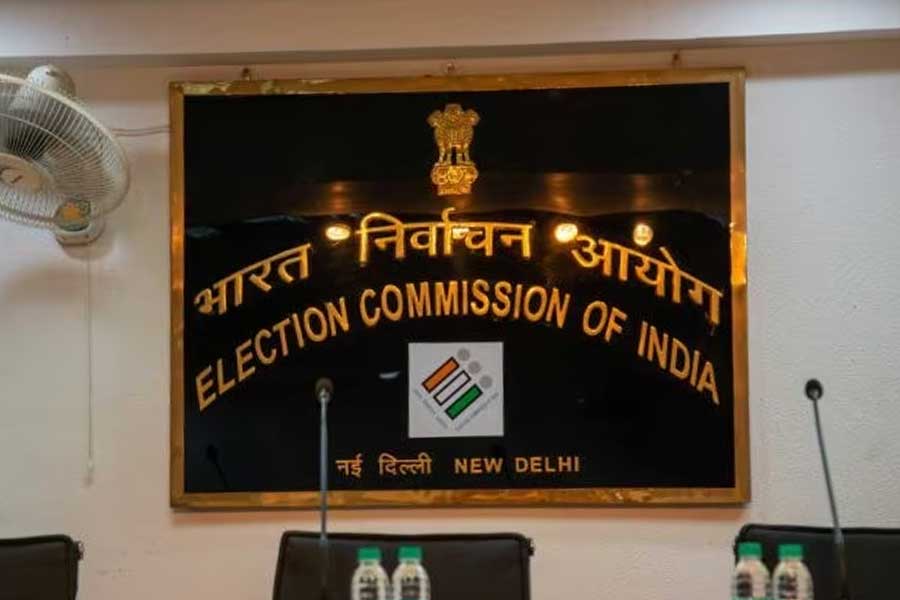Slow and unsteady: these two adjectives perhaps best describe the conduct of the Election Commission of India this poll season. Almost a month after the EC issued notices to the presidents of the Bharatiya Janata Party and the Congress, over the star campaigners of the respective parties violating the Model Code of Conduct, it has now directed, in a rather polite tone, the BJP star campaigners not to make remarks along communal lines; their Congress counterparts have been asked to desist from raising the prospect of the Constitution’s abolishment. Incidentally, the presidents of both parties had defended the action of their campaigners and the EC has chosen not to name the MCC’s violators. Is it because the prime minister is among the accused? It must also be mentioned that the EC’s latest step coincided with Narendra Modi stating at an election rally that the Congress’s return to power would lead to terrorists being fed biryani at the prime minister’s residence. Given the EC’s conduct, it is unlikely that India will be spared of such blatantly divisive electoral rhetoric in, and possibly after, the polls.
Two important inferences can be drawn from these developments. First, the quality of electoral speeches has declined perceptibly. The BJP’s leaders, including Mr Modi, have been particularly guilty of resorting to polarisation and whataboutery in their poll speeches. This dark art of deflection has nothing to do with the people’s welfare and the country’s progress. In fact, this seems to be a conscious choice; does the prime minister then abhor the principle of being held accountable to the people in the context of his performance as an elected leader? The Opposition campaign has remained focused on issues — inflation and unemployment are among them — that directly impact public welfare. But it has, on occasion, tapped into collective anxieties; the Opposition’s dire predictions about the Constitution’s future is an example. That the EC has done little to check the transgressions — this is the second inference — can, arguably, be attributed to its loss of autonomy because of the executive’s disproportionate influence on — firm control of — the institution. The resultant diffidence can have dangerous consequences: licences with the MCC as well as the blurring of the lines between legitimate poll rhetoric and mischievous innuendo. The EC must recover its credentials as a potent, impartial institution. That would be in the interests of Indian democracy and its electorate.










